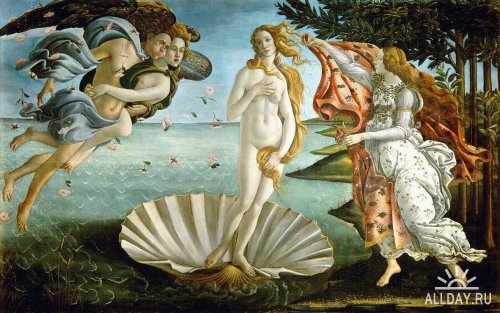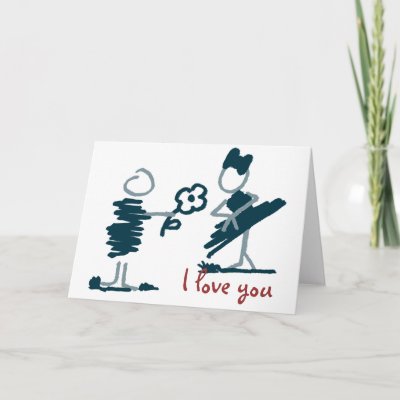
/venərē/
Definition:
the art, act, or practice of hunting
Etymology:
Middle English venerie, from Anglo-French, from Old French vener to hunt, from Latin venari
First Known Use: 14th century
This word is used in a beautifully written book I am currently reading, "Hotel du Lac" by Anita Brookner. In the following passage, Brookner is describing a woman:
"To Penelope, men were conquests, attributes, but they were also enemies; they belonged to the species that must never be granted more than the amount of time and attention she considered they deserved."
She goes on to say that Penelope "was accomplished in venery."
Accomplished in the hunt; the chase. Isn't this a wonderful word?
I use Botticelli's famous painting The Birth of Venus to illustrate this word because it seems to depict the chase between man and woman perfectly.
I use Botticelli's famous painting The Birth of Venus to illustrate this word because it seems to depict the chase between man and woman perfectly.
